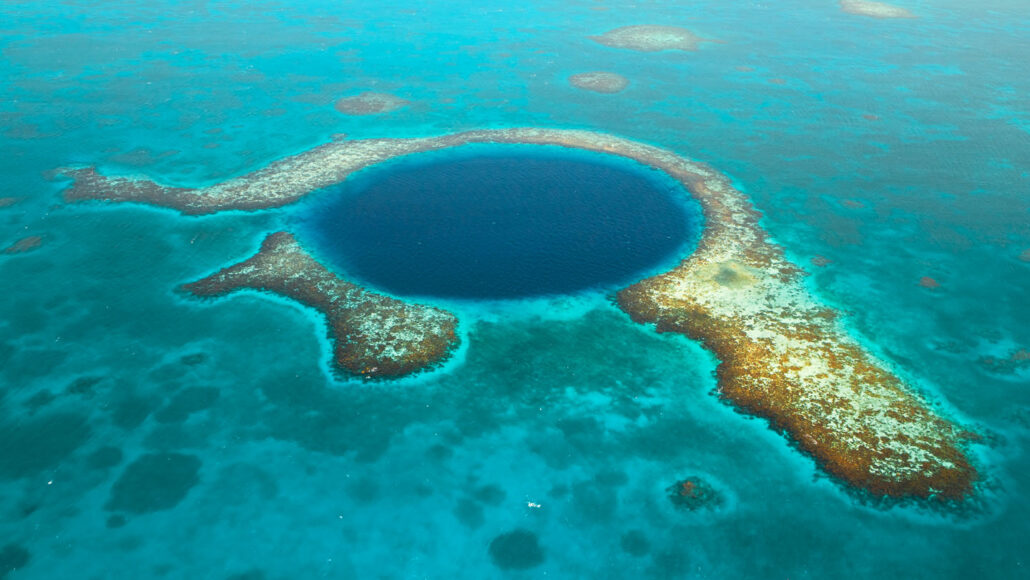atoll: A ring-shaped island formed from a coral reef that surrounds a lagoon.
coral: Marine animals that often produce a hard and stony exoskeleton and tend to live on reefs (the exoskeletons of dead ancestor corals).
erode: Gradual removal of soil or stone, caused by the flow of water or the movement of winds.
eruption: (in geoscience) The sudden bursting or spraying of hot material from deep inside a planet or moon and out through its surface. Volcanic eruptions on Earth usually send hot lava, hot gases or ash into the air and across surrounding land. In colder parts of the solar system, eruptions often involve liquid water spraying out through cracks in an icy crust. This happens on Enceladus, a moon of Saturn that is covered in ice.
lagoon: A small body of seawater — usually fairly shallow water — that’s cut off from the open ocean by a sand bar, coral reef or narrow strip of land.
lava: Molten rock that comes up from the mantle, through Earth’s crust, and out of a volcano.
marine: Having to do with the ocean world or environment.
reef: A ridge of rock, coral or sand. It rises up from the seafloor and may come to just above or just under the water’s surface.
sea: An ocean (or region that is part of an ocean). Unlike lakes and streams, seawater — or ocean water — is salty.
volcano: A place on Earth’s crust that opens, allowing magma and gases to spew out from underground reservoirs of molten material. The magma rises through a system of pipes or channels, sometimes spending time in chambers where it bubbles with gas and undergoes chemical transformations. This plumbing system can become more complex over time. This can result in a change, over time, to the chemical composition of the lava as well. The surface around a volcano’s opening can grow into a mound or cone shape as successive eruptions send more lava onto the surface, where it cools into hard rock.

